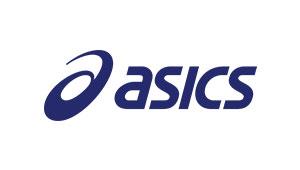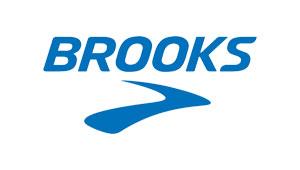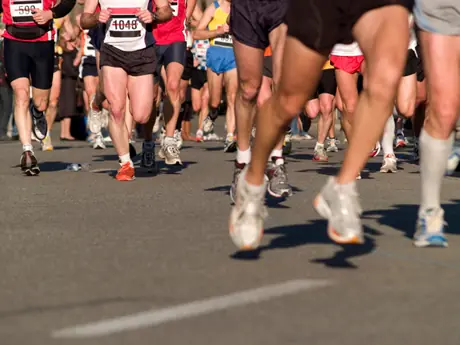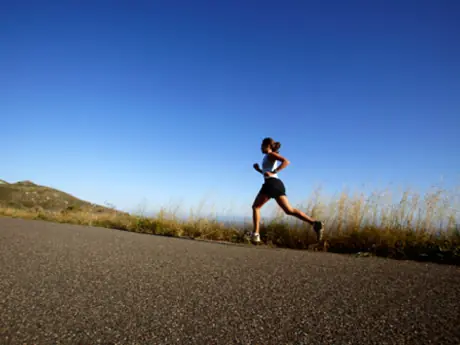
If you are not prepared or cautious, running in the heat can turn from uncomfortable to dangerous in a hurry. Knowing the warning signs and symptoms of the different heat-related illnesses is imperative if you are headed outdoors this summer. The following are the most common heat-related illnesses listed from least severe to most severe.
More: 9 Tips for Hot Weather Runs
Heat Cramps
Description/Causes: Heat cramps are cramps in the muscles that occur during and after exercise. They are caused by a loss of water and electrolytes and an accumulation of lactic acid in the muscles. Leg muscles, like the calves or quadriceps, are affected the most, but abdominal cramps can also occur.
Symptoms: Heat cramps can start while you are running or up to several hours after you have stopped. Typically the muscles begin to cramp or spasm while the body is sweating heavily. Fatigue, nausea, and vomiting may also occur.
More: 4 Tips to Avoid Stomach Cramps on the Run
Prevention/Treatment: To prevent heat cramps, drink plenty of water and/or sports drink before, during, and after exercise. People who are hydrated and are acclimated to hot environments are less likely to experience heat cramps. If you do get heat cramps, stop running, drink water and/or sports drink and massage the affected area. When the cramps are gone, you can resume running, but slow down.
Heat Exhaustion
Description/Causes: Heat exhaustion happens when you cannot sweat enough to cool your body. It generally occurs when someone is working or exercising in hot weather, sweats a lot, and does not drink enough liquids to replace lost fluids. Heat exhaustion is caused by dehydration and/or a loss of electrolytes.
Symptoms: Symptoms of heat exhaustion include fatigue, weakness, headache, dizziness, nausea, vomiting, decreased coordination, possible fainting, profuse sweating, normal or slightly elevated body temperature, and a possible drop in blood pressure (less than 90 systolic).
Prevention/Treatment: To prevent heat exhaustion, make sure you drink plenty of water and/or sports drink before, during, and after running. If you suffer some signs and symptoms of heat exhaustion, immediately get to a cool place and rest. Drink water and sports drink and if your blood pressure drops below 90 systolic, call 911. Avoid activity for at least 24 hours and refrain from running or exercising in the heat for at least one week.
More: Stay Safe While Running in the Heat
Heatstroke
Description/Causes: Heatstroke is a very serious medical emergency. It occurs when the body fails to regulate its own temperature and body temperature continues to rise. Heatstroke can develop when a person is working or exercising in a hot environment. They may sweat profusely, but the body still produces more heat than it can lose, which causes the body's temperature to rise to high levels. Other things that can lead to heatstroke include older age, dehydration, obesity, wearing heavy clothing, running in the heat when you have an infection or fever, not being acclimated to the heat, high blood pressure, and certain medications like amphetamines, diuretics, and beta blockers.
Symptoms: Symptoms of heatstroke include a high body temperature (106 or higher), lack of sweating, red and dry skin, altered consciousness, confusion, convulsions (seizures), moderate to severe difficulty breathing, and a fast heart rate.
More: Heart Rate Training Tips
Prevention/Treatment: Heatstroke can cause severe dehydration and can cause body organs to stop functioning. Heatstroke is a life-threatening medical emergency and if you suffer any signs or symptoms, call 9-1-1 immediately. Rest in a cool place, remove clothing to expose your skin to the air, and apply ice packs or cool water to the groin, underarms, and neck until help arrives.
More: 20 Tips to Stay Cool on a Summer Run
 Sign up for your next race.
Sign up for your next race. About the Author

Get ACTIVE on the Go


Couch to 5K®
The best way to get new runners off the couch and across the finish line of their first 5K.
Available for iOS | Android







Discuss This Article